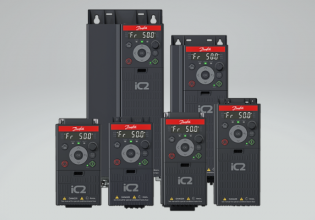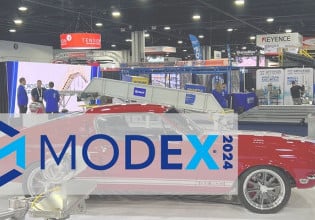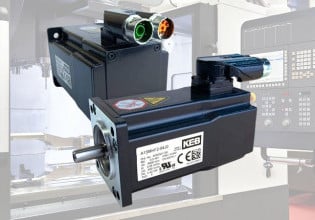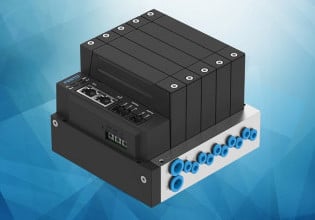A
As you know in Modbus protocol if the ID, Function code, and length (no of registers polled) are same, data can be overlapped for two queries if the polling time is very fast as there is no other checking like address etc.
My application is polling the third party data (modbus based) on RS485. If I am polling data of same ID, same function code (Holding register 03), and no of registers (1), then data of two or more windows are getting overlapped. If I restart the application everything works fine for sometime. Then again this happens. Because of this SCADA is updated with wrong data.
Has anyone faced such issue?
What is the solution of this?
Please let me know.
Regards,
Anshuman
My application is polling the third party data (modbus based) on RS485. If I am polling data of same ID, same function code (Holding register 03), and no of registers (1), then data of two or more windows are getting overlapped. If I restart the application everything works fine for sometime. Then again this happens. Because of this SCADA is updated with wrong data.
Has anyone faced such issue?
What is the solution of this?
Please let me know.
Regards,
Anshuman






